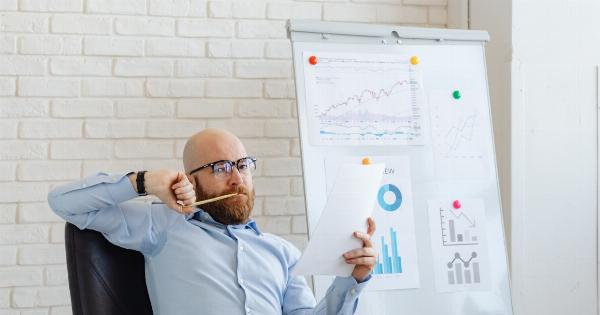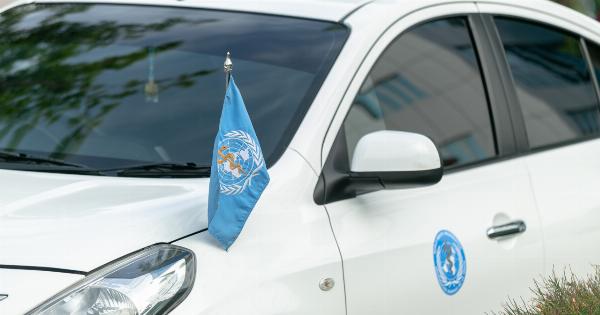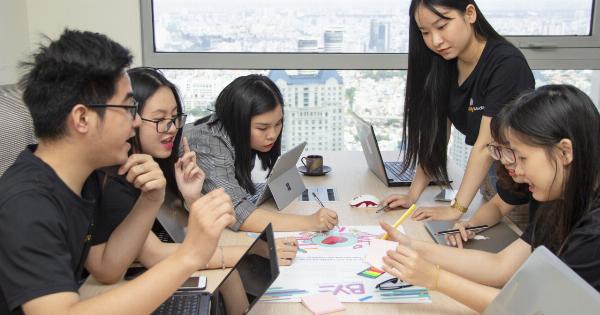World Equality Day is a global observance held on [date] every year to promote and celebrate the principles of equality, justice, and fair treatment for all individuals irrespective of their race, gender, religion, or social status.
This day serves as a reminder of the importance of creating a world where every person is treated with dignity, respect, and fairness.
The Significance of World Equality Day
World Equality Day is an opportunity for individuals, communities, organizations, and governments to reflect on the progress made towards achieving equality and to identify areas where further efforts are needed.
It aims to raise awareness about the challenges faced by marginalized groups and to promote inclusivity in all aspects of life, including education, employment, healthcare, and legal rights.
Promoting Gender Equality
One significant aspect of World Equality Day is the promotion of gender equality. Achieving gender equality is essential for the overall development and progress of societies.
It involves ensuring equal opportunities, rights, and access to resources for people of all genders. Efforts to promote gender equality encompass initiatives such as reducing gender-based violence, empowering women and girls, and promoting equal pay for equal work.
Eliminating Racial Discrimination
Racial discrimination continues to be a prevalent issue in many parts of the world.
World Equality Day provides an opportunity to reflect on the struggles faced by individuals who experience racial discrimination and to take steps towards its elimination. Education and awareness campaigns aimed at eradicating racism, promoting diversity and inclusion, and providing equal opportunities for all regardless of their racial or ethnic background are vital in creating a more equitable and just society.
Ensuring Equal Access to Education
Education is a fundamental right, and World Equality Day highlights the importance of ensuring equal access to quality education for all.
Unfortunately, many individuals, particularly those from marginalized and disadvantaged backgrounds, are denied this basic right. By promoting equal access to education, including removing barriers such as gender-based discrimination or socio-economic status, societies can empower individuals to reach their full potential and contribute to the development of their communities.
Fighting for LGBTQ+ Rights
The fight for LGBTQ+ rights is an essential component of the equality movement. World Equality Day serves as a platform to advocate for equal rights, acceptance, and non-discrimination for lesbian, gay, bisexual, transgender, and queer individuals.
By challenging homophobia, transphobia, and other forms of discrimination, communities can work towards creating an inclusive society where every individual can live authentically and without fear of prejudice or persecution.
Eliminating Income Inequality
Income inequality is a global issue that perpetuates a cycle of poverty and limits opportunities for socio-economic advancement.
World Equality Day draws attention to this issue and encourages society to address it through various means, including equitable tax policies, fair minimum wage laws, and social safety nets. By reducing income inequality and ensuring economic opportunities for all, we can create a more just and equal world.
Promoting Disability Rights
People with disabilities often face barriers to full participation in society due to physical, attitudinal, and societal obstacles. World Equality Day emphasizes the need for inclusivity and accessibility for individuals with disabilities.
This includes promoting equal access to education, employment, healthcare, transportation, and public infrastructure. By removing these barriers and promoting inclusive policies, societies can ensure that people with disabilities have equal rights and opportunities.
Addressing Religious and Cultural Discrimination
Religious and cultural discrimination can marginalize groups and contribute to social inequality. World Equality Day encourages individuals and communities to recognize and respect the diversity of religious and cultural practices.
By fostering understanding and inclusivity, societies can combat discriminatory practices, stereotypes, and prejudices, leading to a more harmonious and equitable coexistence.
Championing Environmental Justice
Environmental justice encompasses the fair and equitable distribution of environmental benefits and burdens. World Equality Day promotes the idea that everyone, regardless of their socio-economic background, deserves a clean and healthy environment.
This includes advocating for access to clean water and air, reducing pollution in marginalized communities, and addressing the disproportionate impacts of environmental degradation on vulnerable populations.
Celebrating Diversity and Inclusivity
World Equality Day is also a celebration of diversity and inclusivity. It acknowledges the beauty and strength that comes from embracing different perspectives, cultures, and identities.
By celebrating diversity, societies can foster a sense of belonging, promote acceptance, and create environments where everyone feels valued and respected.
In conclusion, World Equality Day plays a crucial role in promoting and celebrating the principles of equality, justice, and fair treatment for all individuals.
It serves as a powerful reminder of the ongoing fight against discrimination and inequality worldwide. By addressing various forms of inequality and promoting inclusivity, we can strive towards creating a more equitable, just, and sustainable world for future generations.































